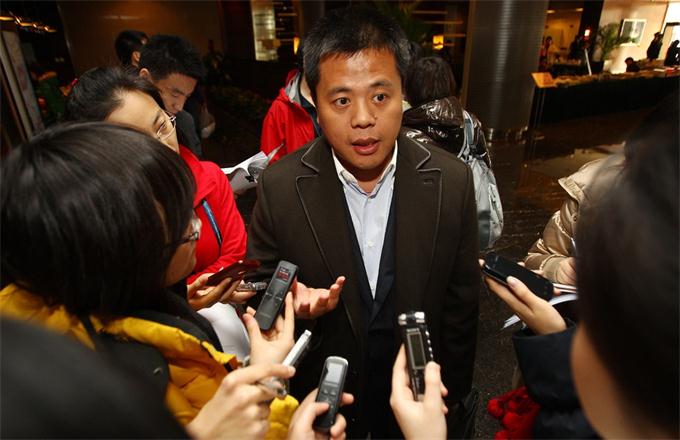Obama leaves provocative legacy that might be exploited
 |
|
File photo shows US President Barack Obama holds a press conference at the conclusion of the APEC Summit in Lima, Peru November 20, 2016. [Photo/Agencies] |
Signing into law the National Defense Authorization Act for Fiscal Year 2017, outgoing United States President Barack Obama added further complexity and potentially explosive uncertainty to China-US relations.
The 2017 NDAA merits particular vigilance on Beijing's part because, for the first time in history, it includes a section on high-level military exchanges with Taiwan. Section 1284 of the act obligates the US Defense Secretary to carry out a program of exchanges with the island involving senior military officers and senior officials. This permits generals or flag officers of the US armed forces on active duty, as well as Pentagon officials above the level of assistant defense secretary, to visit the island.
On the surface, a stipulation like this may seem more symbolic than substantive. After all, on its own, sending higher-ranking officials and officers to the island does not change the nature of exchanges, as long as longstanding agreements, written and tacit alike, are observed.
However, at a deeper level this may be a dangerous time bomb for the recently volatile relationship between the US and the mainland, particularly when it is seen in the context of the upcoming change of guard at the White House.
And, as the 2017 NDAA has upgraded US military ties with Taiwan, it serves to reinforce the impression of independence seekers on the island that they can count on greater US protection for their anti-mainland stunts.
Since Donald Trump, the US president-elect, has displayed personal interest in playing the Taiwan card in dealing with Beijing, the 2017 NDAA will only amplify the likelihood of higher-profile military exchanges being exploited provocatively under the next US president.
Up to this point, Obama had been very rational about Beijing's sensitivity to the Taiwan issue and the significance of the one-China policy to relations with the mainland. Yet while calling on his successor to exercise prudence, the incumbent US president has laid a stepping stone for Trump's dangerous Taiwan game.
Trump's transition team has declared they will not enact immediate changes to the US' policies toward the mainland. But that will not prevent Taiwan from being used a bargaining chip in matters of substantial bilateral concern.
Beijing has reiterated its bottom line regarding Taiwan, which is good, but not enough. We all wish the relationship between the mainland and the US could stay on a healthy track. But it takes two to tango.
Given both the next US president's inclination to use Taiwan as his trump card, and Taiwan leader Tsai Ing-wen's eagerness to assume that role, Beijing must prepare contingency plans for all possibilities, the worst included.
























